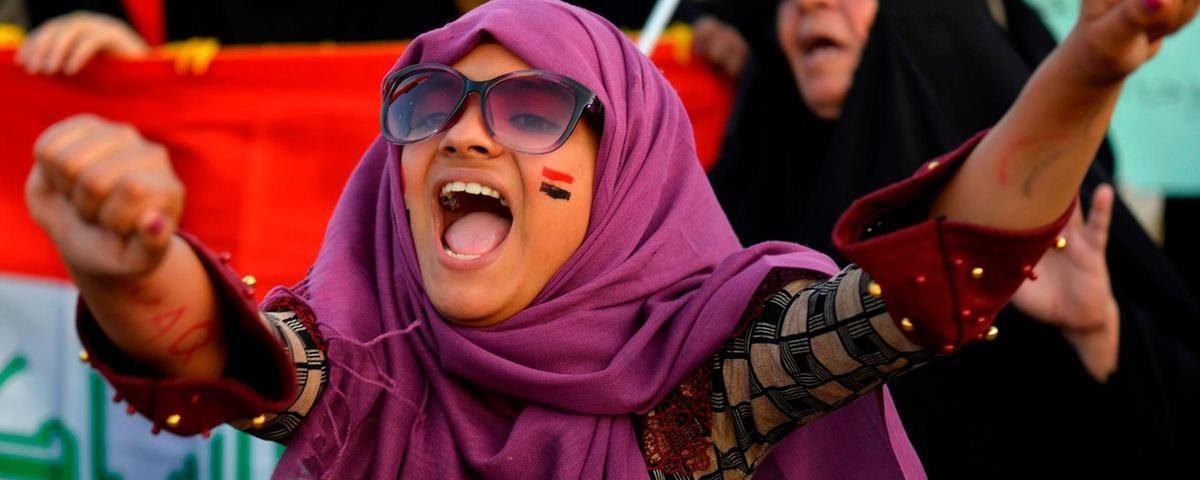- Contact Us
- +447471066570
- info@celd.org.uk

Forum On Women Leadership & Sustainability, Dubai – UAE
February 22, 2020
Ghana First Lady, Merck Foundation Support Women Affected By Coronavirus Lockdown
April 21, 2020Diplomats in Iraq are voicing concern over the rise in domestic abuse after self-isolation measures were put in place to stop the transmission of coronavirus.
Since the US-led invasion in 2003, women’s rights groups in Iraq have campaigned for a legislation on domestic violence.
The Iraqi constitution expressly prohibits “all forms of violence and abuse in the family” although the country’s laws allow husbands to “discipline” their wives.
Human rights groups in Iraq reported a surge in abuse killings and rape since the lockdown was imposed last month.
The case of Malak Al Zubadi, 20, who was allegedly set on fire and abused by her husband, a police officer in Najaf, has this week brought to light the necessity for a law criminalising domestic violence.
“We are very sad about the case of Malak Al Zubaidi and hope the investigation is concluded as quickly as possible,” tweeted Stephen Hickey, the British ambassador to Iraq.
“This is a strong reminder that domestic violence, whether it is psychological or physical abuse, is a problem that pervades the world.”
The UK is also facing challenges on this issue, especially during the outbreak of coronavirus, Mr Hickey said.
Since 2015, the Iraqi Parliament has reviewed a draft anti-domestic violence law that some members oppose over concerns that it might counter the country’s principles.
The US-led invasion sparked a religious insurgency and sectarian conflicts.
Extremists filled a vacuum of lawlessness, imposing conservative policies that were particularly intolerant of women’s rights.
This meant that women’s groups had little success in securing legal rights.
Various UN agencies on Thursday urged Iraq’s Parliament to approve a law against domestic violence.
The UN said this was partly because of “increased household tensions as a result of the confinement due to the Covid-19 pandemic”.
“Such crimes raise the alarm for the urgency to endorse the Anti-Domestic Violence Law in Iraq,” the UN’s office in Iraq said on Thursday.
Mr Hickey welcomed the UN’s call for the Iraqi government to “prioritise the protection of women and children and criminalise domestic violence”.
“Violence is by no means acceptable,” he said.
Mr Hickey said the UK allocated £2 million (Dh9.1m/US$2.5m) to support domestic violence services.
The EU ambassador to Iraq, Martin Huth, said that the rise in the number of cases was “of deep concern”.
The National


